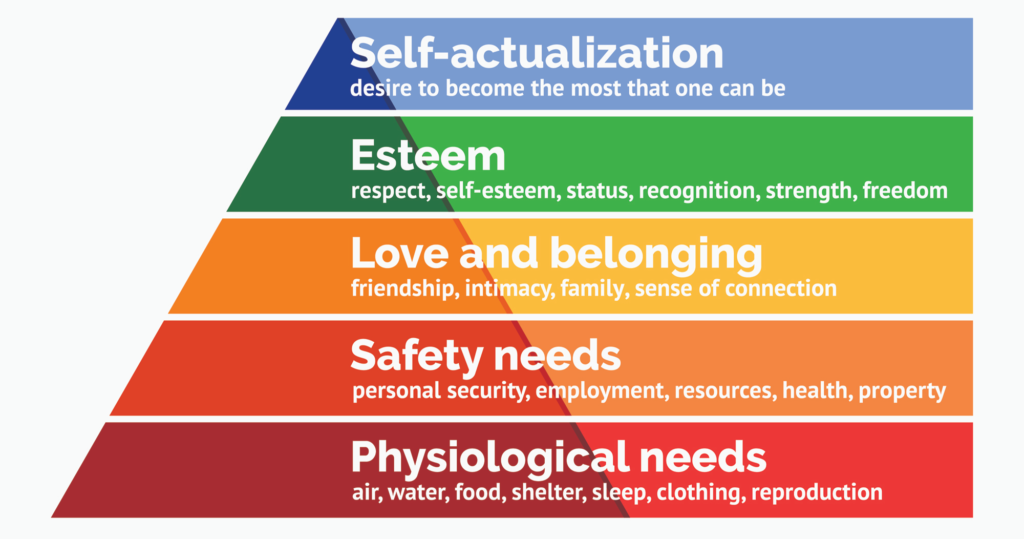Dreaming Is a Luxury Few Can Afford
I’m currently reading an anthology Iraq + 100. It’s a collection of sci-fi tales from Iraqi writers, each story on what their country might look like in the 22nd century. Part of the back cover synopsis got me thinking about the luxury of dreaming:
“In a calm and serene world, you have the luxury of dreaming about your future.
But what would that future be like when your world has been devastated by forces beyond your control?”
What would it be like, indeed. The introduction explores this further:
“It was difficult to persuade many Iraqi writers to write stories set in the future when they were already so busy writing about the cruelty, horror and shock of the present, or trying to delve into the past to reread Iraq’s former nightmares and glories. […] I told them that writing about the future would give them space to breathe outside the narrow confines of today’s reality, and that writers need more space to explore and develop certain ideas and concepts through storytelling. […] Writing about the future can be wonderful and exciting—an opportunity to understand ourselves, our hopes and our fears by breaking the shackles of time. It’s as if you’re dreaming about the destiny of man!”
Dreaming is a crucial part of your financial and life planning, too. It’s why I make “nailing down dreams about your future” the very first step in forcing you to prioritize and to keep your values aligned with your actions.
Dreaming is also, as the book says, a luxury for those undergoing trauma. Unfortunately for the human race, its members who successfully escape experiencing trauma are incredibly few and far between.
Trauma Affects Everyone
What Iraq + 100 says about dreaming rings true for anyone who has undergone trauma, which, statistically speaking, is most of us. We know this via studies on child maltreatment. The United Nations calculates 3 out of every 4 children who are 2-4 years old “regularly suffer physical punishment and/or psychological violence at the hands of parents and caregivers”. That isn’t 3 out of every 4 children who are in war zones, developing countries, or isolated pits. That is 75% of all children everywhere, from every race, on every continent. Even if you experience zero trauma for the rest of your life, you are much more likely to be part of the 3 out of 4 than you are the 1.
And this is just one statistic.
Your chances of experiencing trauma are near guaranteed to go up to 100% if you live in a war-torn nation or another community experiencing devastation. And yes, that very much includes distress relating to COVID-19, which has been even more traumatic than World War 2.
When you’re actively in a traumatic situation, the most common idea of luxury is preposterously out of reach. Simply dreaming of luxury becomes a luxury itself. When you see some pithy wall art saying “Dare To Dream,” know that it really is daring to dream, thank you very much. The future is this stress ball of potential, including the potential for something out of your control to go VERY HORRIFYINGLY WRONG. Who are you to take control of your future when the countless around you have no such thing? What makes you think these dreams of yours are anything beyond gossamer shadows in the gray?
For when you’re in a bad situation, dreaming of something better is corralled. And so many people become stuck in that mentality that they wouldn’t dare to dream that life could both become better and stay better.
Dreams Come at a Price
Dreams are priceless. Yet in many cases, they also come with a specific financial price. Dream of being a homeowner? There are upfront and ongoing costs. What about dream of a loving spouse and children? That’s going to cost a different price of your time, effort, and energy.
When you’re in a bad situation, dreaming might be the greatest lure propelling you forward and away. It also takes up valuable mental thoughts and efforts. In a bad situation, dreaming is shrunken to the point that the dream is simply “survive this”. And, just by virtue of being in a bad situation, it’s harder to make the transition to a good one. No one wants to fall into the trope of a tragic dream.
This type of thinking is only human. Humanity did not evolve to be ultra-long-term thinkers.
I think this is why the FIRE movement is criticized by those who have already crossed the finish line and find themselves with nothing. These folks did not dream about what they’ll do after reaching their FI number. They only dreamt about getting out of the situation they’re in. Which, hey, that’s valid. Soul-sucking work is the default nowadays. It sucks. Bad.
Issue is, you need to escape to something to make the survival stick. At the very least, you need to put in effort to discover what it is you most desire. And the ability to put forth that effort—without needing to worry about physiological and safety needs—is a huge luxury.
Dreaming is Also a Necessity for Life
I cite those needs as part of Maslow’s hierarchy of needs. My guy Abe Maslow first published this bad boy in 1943, all about “The Theory of Human Motivation”.
The idea is, a human person needs to satisfy their most basic needs at each level before progressing to the next level up. You can only start to pursue a desire for health and better resources once you got your needs for stuff like water, shelter, and sleep squared away. Once you’ve got your safety needs met, you can find the spoons to meet your needs for family, community, and a sense of connection. And on and on, until you reach the very pinnacle of the pyramid: self-actualization. This is still a human need like everything else. Difference is, you cannot truly focus on reaching this level until everything else is taken care of first.

Thanks to a myriad of societal shortcomings, “everything else is taken care of” is a tall order as it is. Psychologically speaking, self-actualization—or realized dreams, by another name—is a luxury few can afford.
This is so you understand dreaming is a luxury, because, now that you understand, you can act with better knowledge. Dreaming is a luxury, and also a very real human need. How else will you live up to your ideal self in your ideal world? Sure, dreaming is a luxury. That doesn’t mean you must give it up. Freedom was once a luxury that was made into a right. It took millions of people across hundreds of years to make it so, and they got it done for you. Take that further and reclaim dreaming, too, as your right as a human being.
Dreams Must Adapt With Time
This is what I did. I have, at the very least, my fair share of trauma. In that UN statistic, I am part of the 75%. I have also experienced other traumas in my childhood I’d rather not get into here, but it meant my dreams for the future were a serious luxury. At 14 years old, I dreamed I’d be an accomplished novelist before I was 25 years old and have my dream house build by the time I was 30.
These dreams weren’t exactly realistic.
They also didn’t take into account how dramatically the world would shift between 2008—the year I turned 14—and the early 2020s.
As for my novelist dreams, those are still alive and well; I no longer have a timeline on myself for becoming published because I now better understand the publication industry and how much technology has impacted it. With self-publishing, anyone can be a novelist nowadays; I need to go back to the spirit of my stated dream and pursue the core of “writing pieces that resonate with people and help them see the beauty in life”.
As for building my dream home, my requirements are better informed than they were as a high school freshman (I now include entries like “convenient storage space” and “food forest/greenhouse outside” when earlier line items are “movie theater luxury-style TV room” and “A SLIDE NEXT TO THE STAIRCASE”). The affordability of homes has also changed from that time, for reasons we’re all still painfully aware of.

I could have clung onto these luxurious, necessary dreams of mine and grew devastated when the force of my desiring them didn’t magically make them a reality. I could have also abandoned my dreams in a rage, declaring that dreams are useless and anyone chasing dreams is useless, too. The worst thing I could do is start destroying the dreams of others in any way I can. Dreaming is a luxury few can afford, after all; I’m practically doing them a favor by nipping that detriment in the bud. Right?
That’s the kind of thinking that leads to Immortan Joe warning you against becoming addicted to water. You cannot righteously destroy or deny access to what is literally a requirement for human life.

Dreams are a luxury.
This doesn’t mean they must remain stagnant forever.
If you are not in a position to dream beyond “getting somewhere better,” then do whatever it takes to reach a place where you can dream bigger. The world waits for no one and neither does time, so let your dreams evolve when you have a better grasp on what you can reach.
It’s going to be a frustrating struggle for those who most see the evils in the world and little progress on the good. All of that makes dreaming all the more important. You need some sense of where you’re going to know which direction to take.
So acknowledge dreaming is a luxury. Having dreams is a prerequisite for achieving everything you want out of life (including wealth) and, as such, is
- less common than it should be, and
- difficult to maintain consistently in the face of trauma.
Nothing better exemplifies this than financial independence and the pursuit of it. Not everyone who starts building for FI will reach it or gain content from achieving it. But the importance lies in dreaming that things will be better. Any savings or investments you have is leagues better than having nothing, no matter how far you away from the realm of the millionaires.
It will cost you a lot to indulge in the luxury of dreaming. But it will cost you everything if you don’t.
Cover image credit: Kees Streefkerk via Unsplash


I was very lucky to have been in a number of traumatic, life threatening situations but not to have sustained any permanent impact. My normal response to those near death experiences was just supreme gratitude to still be alive. I think there is a big difference between serious trauma that persists over a significant period of time versus having a gun stuck in your face but being perfectly fine five minutes later when the threat is gone. I was in some situations where survival looked to be questionable, but never one where all hope was gone.